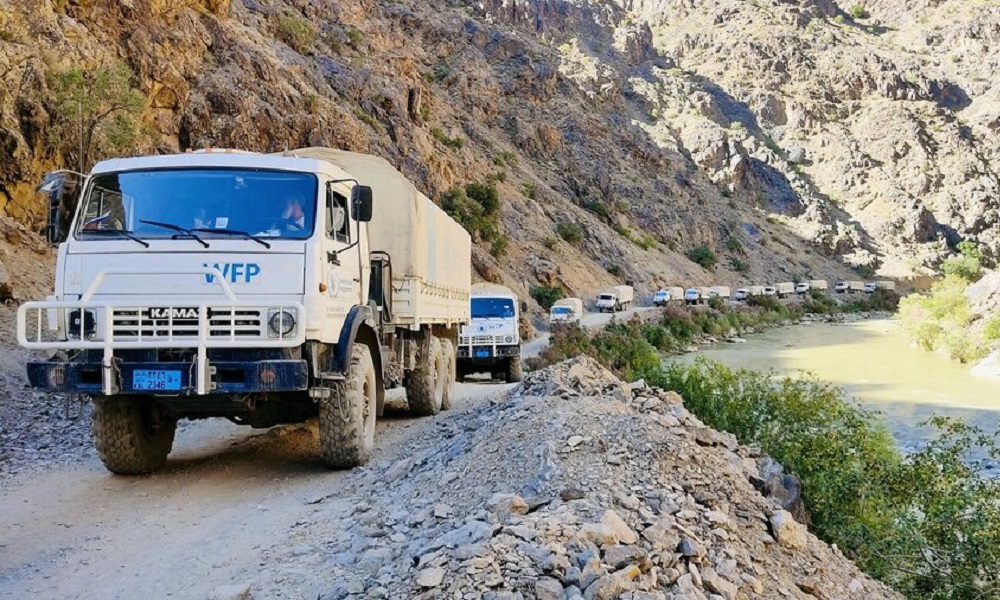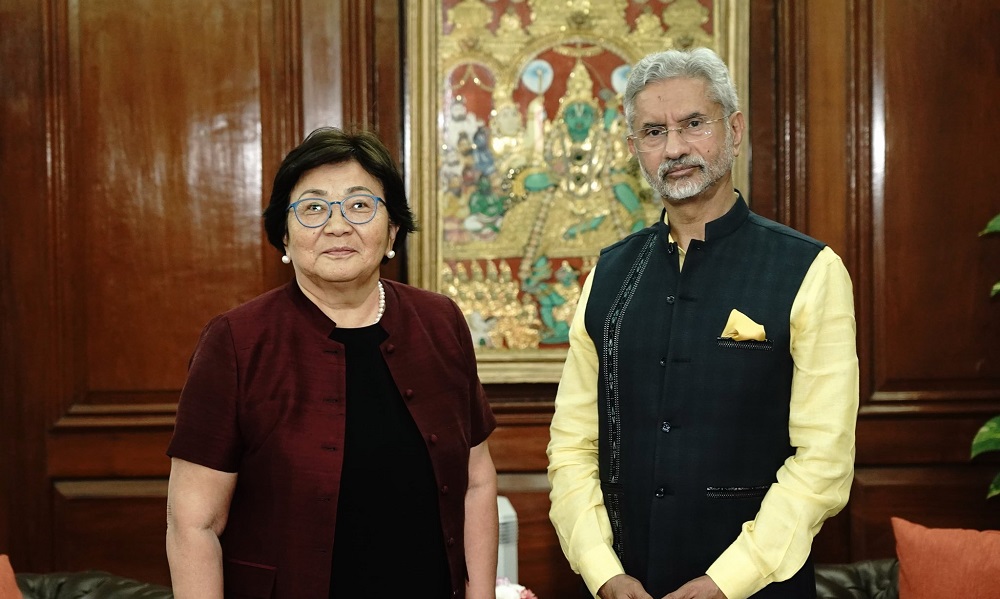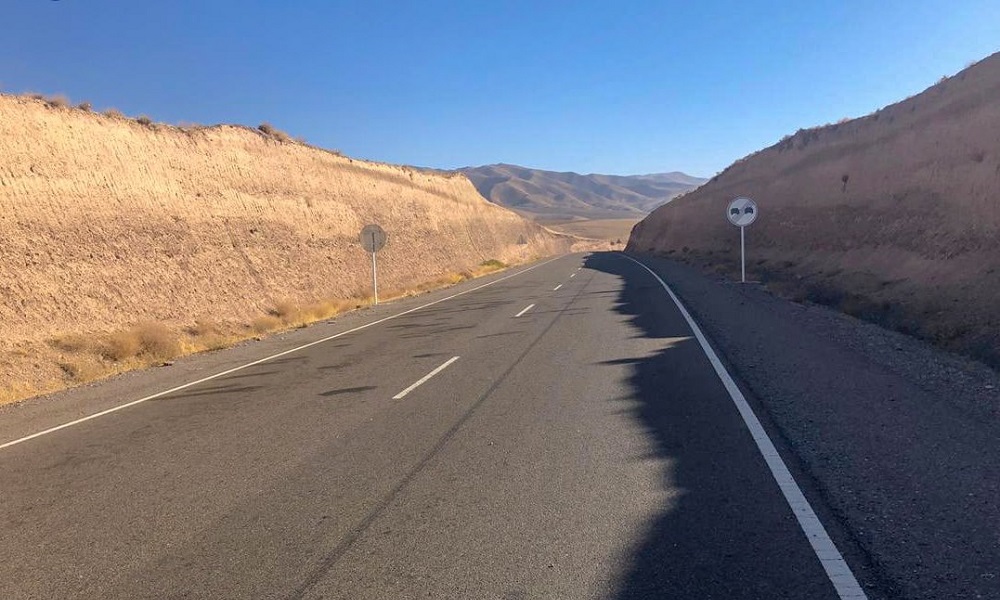Latest News
WFP to increase flow of aid to Afghanistan via Uzbekistan

Construction of new warehouse facilities has started at the United Nations World Food Programme’s (WFP) Logistics Hub in Termez, Uzbekistan, and once completed the facility will allow for an increase and improved flow of humanitarian food to Afghanistan, WFP said on Tuesday.
“We are happy that the United Nations is expanding their warehouse capacity here in Termez,” Uzbekistan’s special envoy for Afghanistan Ismatullah Irgashev said. “At a time when two thirds of the population of Afghanistan rely on humanitarian assistance to survive, it is our duty as the international community to stand by their side.”
WFP’s existing Logistics Hub in Termez has served as a trans-shipment point for WFP’s Afghanistan operations since 2021. WFP plans to add an additional 8,000 square meters to the current 14,500 square meter warehouse capacity in the upcoming months. This will increase WFP’s total storage capacity in Termez by more than half, the agency said in a statement.
“With the support of the Government of Uzbekistan, more than 1,000 metric tons of food are crossing the border from Uzbekistan to Afghanistan each day,” said Hsiao-Wei Lee, Country Director for WFP Afghanistan.
“In the upcoming months, this increase to our warehouse capacity will greatly facilitate our ability to serve the 20 million Afghans currently in need of food assistance. While our partners and donors have been incredibly generous with their contributions, we still need an additional $1.5 billion to reach all the people we have planned to serve.”
In Afghanistan in 2022, WFP reached 23 million people, distributed 1.1 million metric ton of food and $325 million in cash transfers. Of the 23 million people assisted, 11.6 million were women and 12.3 million were children. WFP said it injects an average of $55 million per month into the local economy.
Latest News
Ten people killed by floods in Helmand

Ten people have been killed and six others injured by floods in Helmand province in the past week, local officials said on Friday.
According to officials, seven of those were members of the same family, and they were killed in Kajaki district last night.
“Most of the people moved from vulnerable areas to high lands and mountains, and thanks Allah the number of casualties is low,” Sher Mohammad Vahdat, the head of information of the Directorate of Information and Culture in Helmand, said adding rescue teams and security forces have been dispatched to help people.
It is said that the telecommunication system has also been disrupted due to the effect of floods in Kajaki district. Floods have also destroyed thousands of acres of agricultural land.
Latest News
UN envoy meets Indian foreign minister to discuss Afghanistan

Roza Otunbayeva, the UN Secretary General’s Special Representative for Afghanistan, met with the Indian Foreign Minister Subrahmanyam Jaishankar in New Delhi and discussed issues related to Afghanistan, it was announced on Thursday.
During the meeting, Otunbayeva thanked India for “its critical humanitarian support and longstanding friendship for the Afghan people” and discussed the importance of regional and international cooperation to address prevailing challenges in Afghanistan, UNAMA said on X.
Jaishankar also said on X that the sides exchanged views on the current situation in Afghanistan.
“Underlined that India has provided wheat, medicines, pesticides and school supplies. Appreciate the role of UN agencies as partners in these endeavors,” he said.
Latest News
Traffic accident leaves one dead, four injured in Herat

Local officials in Herat say one person was killed and four others injured due to a traffic accident in Karukh district of the province.
The accident took place on Thursday night at 8:pm.
The injured individuals have been taken to Herat’s regional hospital by the personnel of Karukh district police headquarters, local officials said.
-

 Sport4 days ago
Sport4 days agoACL fever grows as fixtures finalized
-

 World4 days ago
World4 days agoUS will not take part in any Israeli retaliatory action against Iran
-

 Latest News4 days ago
Latest News4 days agoOver 50 people dead in traffic accidents over Eid
-

 Latest News4 days ago
Latest News4 days agoUS identifies Kabul airport suicide bomber
-

 Latest News4 days ago
Latest News4 days agoGood rains enable DABS to increase power production in Kabul
-

 Business4 days ago
Business4 days agoAfghanistan-Kazakhstan chamber of commerce opens in Herat
-

 World3 days ago
World3 days agoIsraeli military vows response to Iran attack as calls for restraint mount
-

 Latest News3 days ago
Latest News3 days agoPakistani police give Afghans in Balochistan one day to leave
























